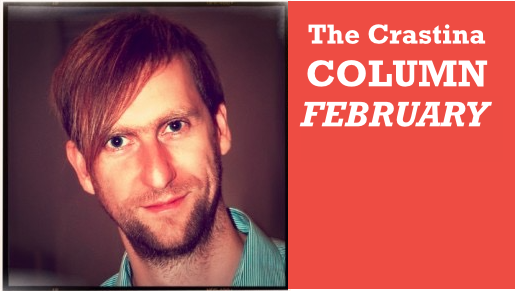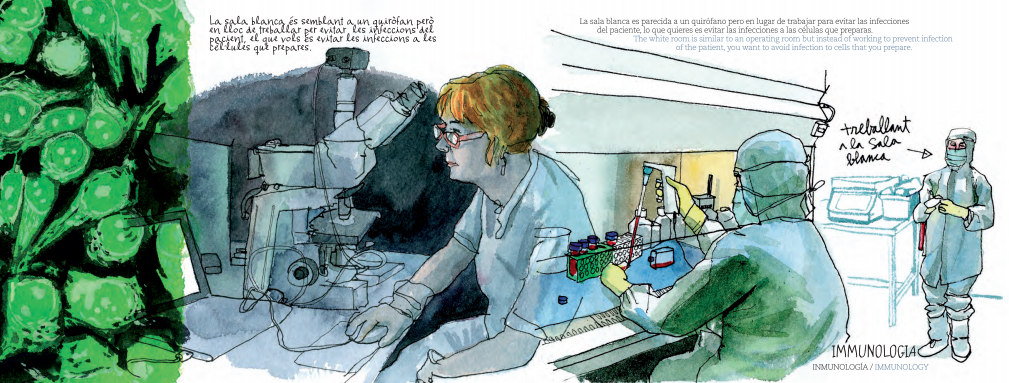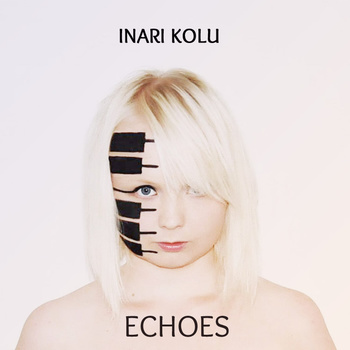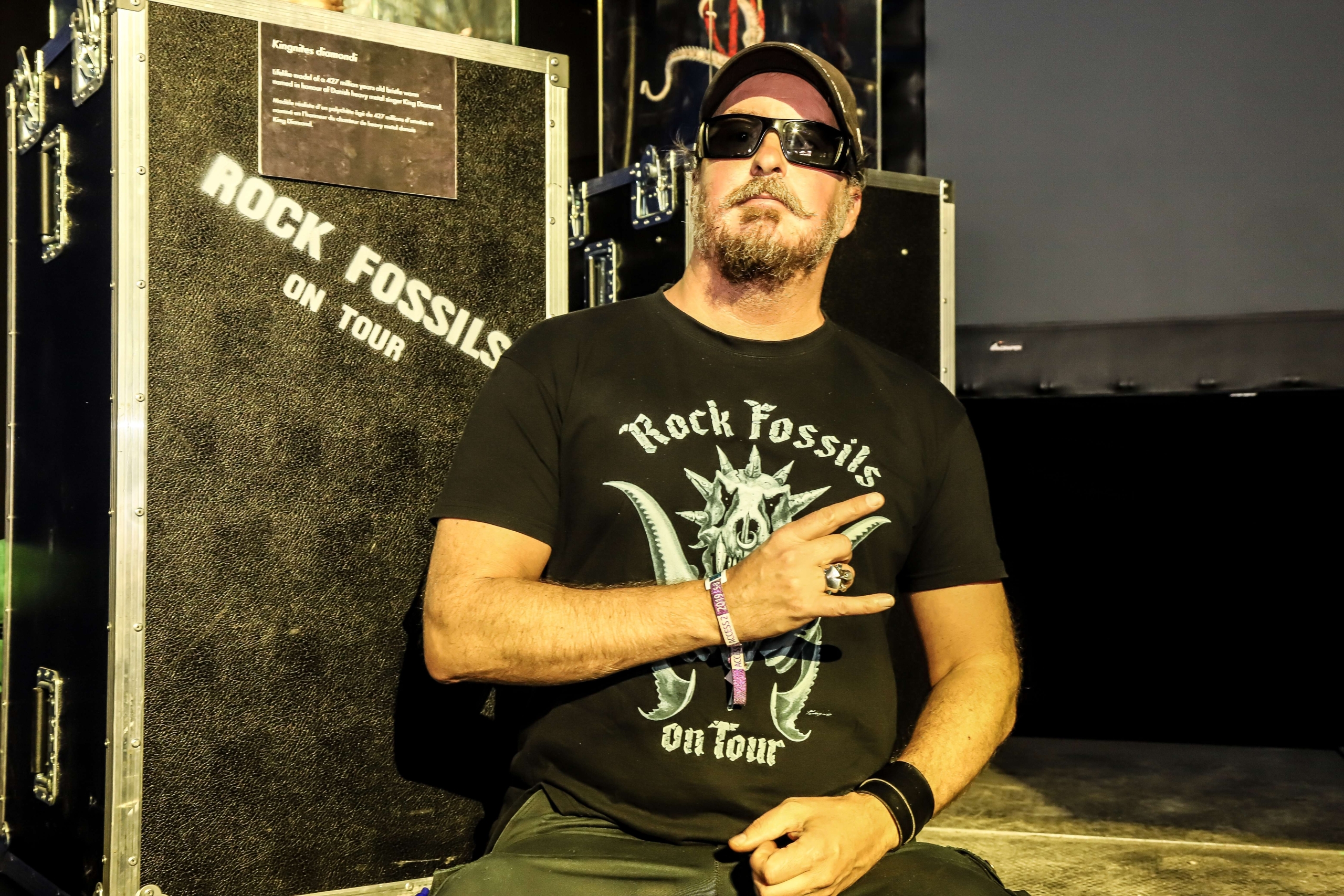Crastina is a platform for the exchange of experience, knowledge and inspiration regarding both scientific peer-to-peer communication and science dissemination
- What? An international network of (mostly young) people who love to communicate science & tech.
- Why? We think science needs to be communicated with more passion and professionalism.
- Where? On our website with interviews & resources + on social media + on Skype and IRL.
- Who? A content group (the Crew), a think tank (the Academy), + lots of friends & contacts.
- When? Right now – as a matter of fact, we’ve just geared up.

Break the mold with a graphical abstract (Luc Cox, February 2015)
Graphical abstracts is one of many ways to adapt scientific communication to a quickly evolving media landscape. Luk Cox, scientific illustrator with a background in molecular biology, has a clear message: it is time for old dogs to learn some new tricks.

Scientific Sketching—amazing artwork in the bio labs of IDIBAPS, Barcelona
An urban life drawing event in Barcelona inspired the staff at IDIBAPS, a center dedicated to research in the field of biomedicine. In the fall of 2014, the doors to the labs were opened for drawing artists—with stunning results.

Inari Kolu—early career geneticist and experienced singer-songwriter
Inari Kolu: "Science & music both need determination and blind belief in yourself". Crastina presents the first of a series of interviews with young scientists who not only pursue a career in the academic world but who also are passionate about a side project.


















